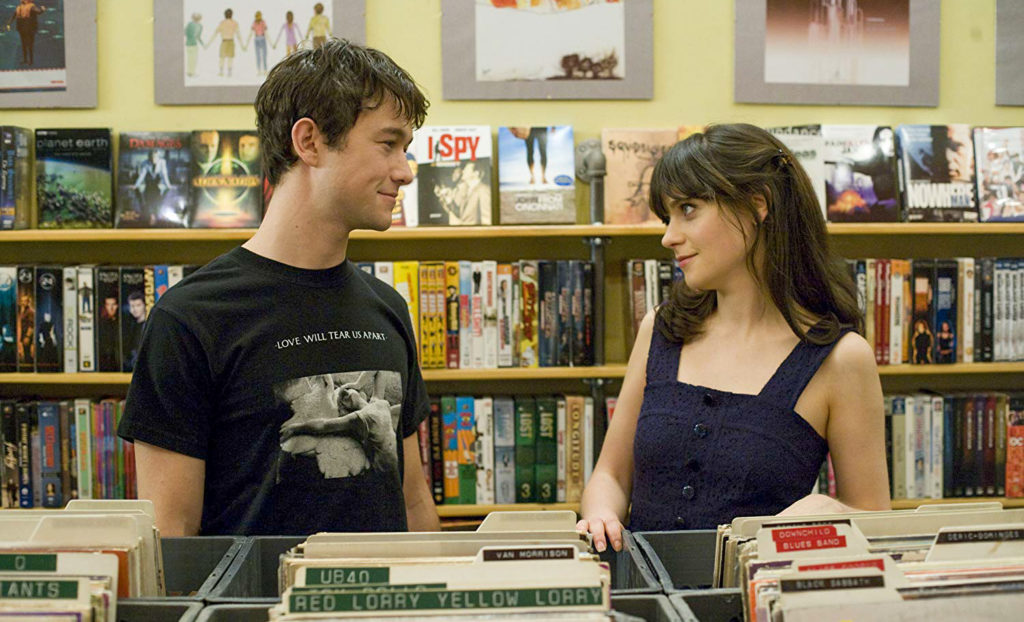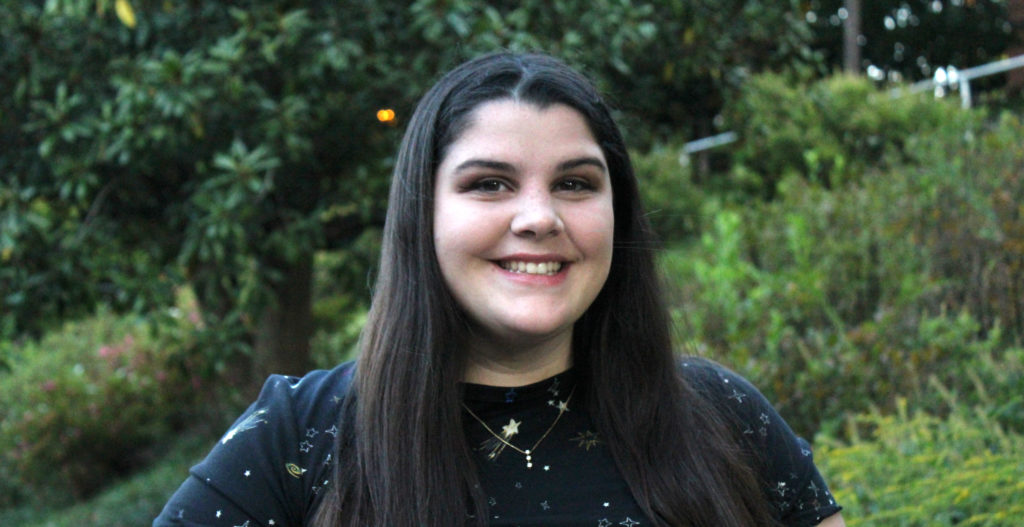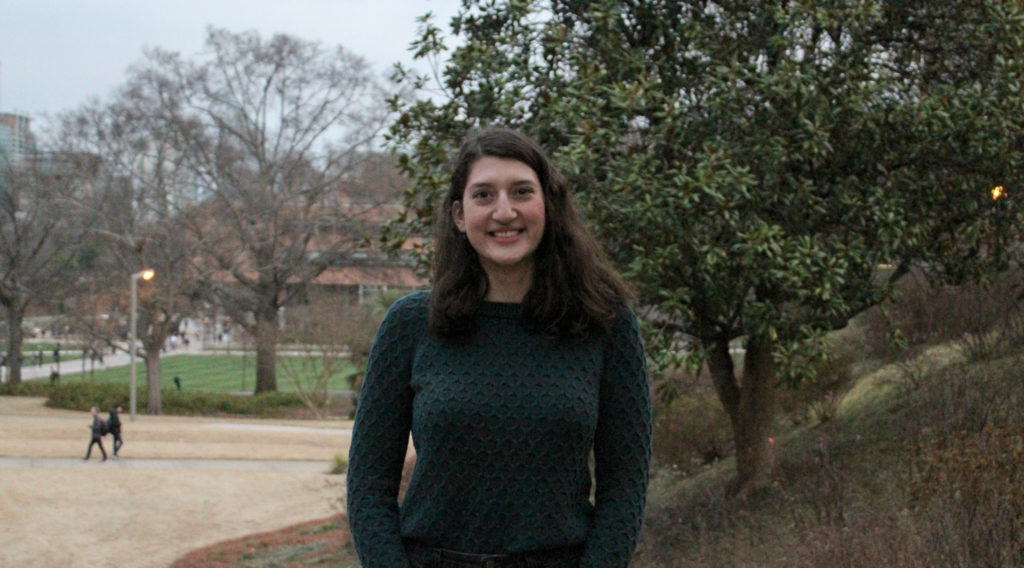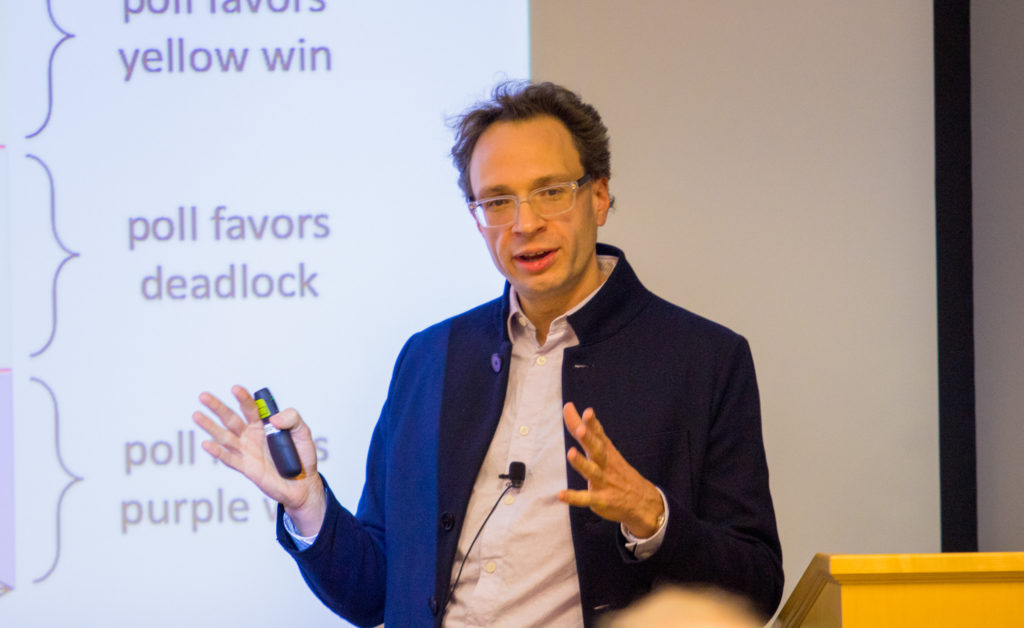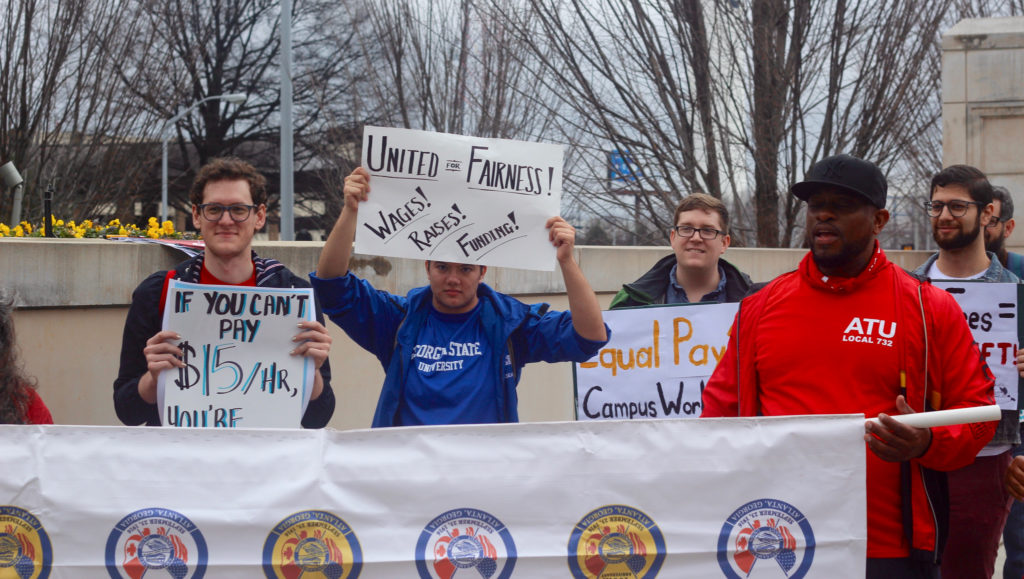Posted on 23 February 2020.
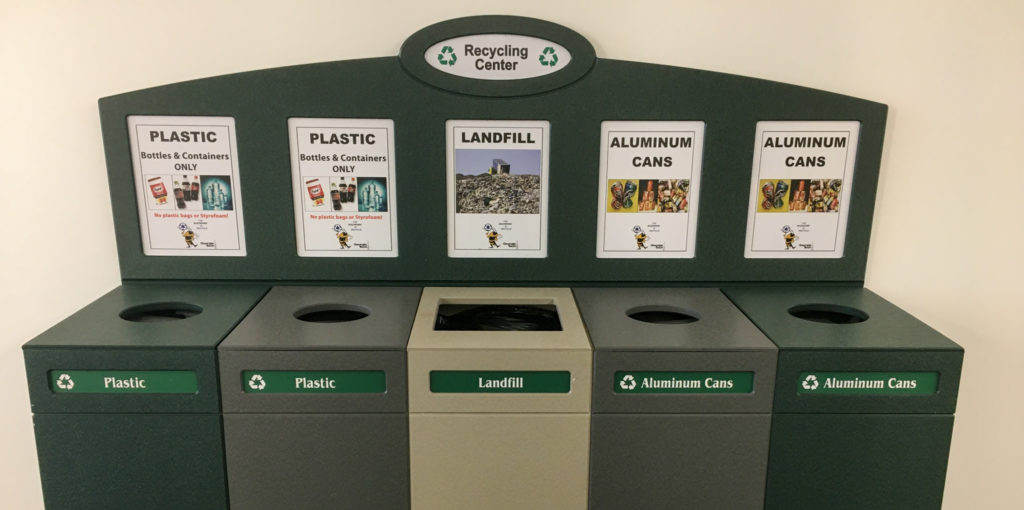
With initiatives such as composting at the West Village Dining Commons, the opening of the Kendeda Building and the campus community garden, Tech has become increasingly focused on sustainability. The Institute takes pride in being at the forefront of reducing environmental impact — but is it really at the forefront?
Although these initiatives signal that environmental awareness and activism have become increasingly more important, some students remain skeptical of the overall effect of these programs.
Elin Howard, fourth-year MSE, discussed her personal work in maintaining a sustainable lifestyle, and she pointed out that campus-wide efforts often do not reflect the day-to-day habits of students.
“My pet peeve on campus is people saying, ‘I’m studying science. I’m working in sustainability,’ but they don’t take any kind of personal responsibility,” said Howard. “I think it’s this huge disconnect, where someone will work for a sustainable company and then think that equals their personal responsibility.”
Howard continued explaining her viewpoint on the disconnect between theory and practice by discussing how the information students learn in class is oftentimes not transferred into their daily decisions.
“I think it’s so ironic, because as an institute we talk all about changing the world and how we’re at the front of sustainability,” said Howard. “But if you walk outside and you look in those cans, tell me if anyone sorted their recycling correctly.”
First-year LMC Grace Pietkiewicz agreed with Howard that students often tend to opt for efficiency over sustainability.
“For people in college, there’s so many things on their minds,” said Pietkiewicz. “And people are very selective about the issues they care about.
“You have to balance schoolwork and social life, living on your own and cooking for yourself,” Pietkiewicz continued. “And with all these different things, the hard issues like sustainability go to the back of people’s minds.”
For Thiago Esslinger, second-year EAS and BCHM major and the current president of Students Organizing for Sustainability (SOS), the cause of these issues is often a lack of education on how to properly use the available infrastructure.
“You don’t know the background of all the students, and I feel like I can safely assume the vast majority — me included — came into Tech not really knowing how to use this sustainable infrastructure, including things such as recycling,” said Esslinger.
Howard gave an example of a way in which she has utilized a sustainable infrastructure in her personal life.
“I would say I’ve started focusing more on my carbon emissions recently,” said Howard. “I think I’ve always been fairly low waste, but I think carbon emissions is something people don’t realize they’re making all the time in their decisions.”
One of the biggest contributors to carbon emissions are flights. Howard, who used to frequently travel between Scotland and Norway, where her family lives, has decided to change her travel habits to reduce carbon emissions.
“I refuse to book more than one layover,” said Howard. “If I am going to take that flight, it’s going to be a direct flight even if it costs me an extra $400, which is a lot for a college student. But if I can afford to fly to Norway and back, I can afford to pay for my carbon emissions.”
In contrast to larger purchases like flights, Pietkiewicz discussed sustainable practices in terms of simpler daily necessities.
“I bring my hot water mug everywhere,” said Pietkiewicz. “I have tea three or four times a day, and I won’t let myself get tea if I don’t have my reusable cup.”
In a similar manner, Esslinger listed his bamboo toothbrush and reusable water bottle as examples of making sustainable strides. He also shared the importance of using a laptop to take notes digitally.
When Howard was a first-year, like many others she knew, she made the mistake buying products she did not need.
“I think a lot of freshmen go to their dorm, and they buy a bunch of stuff to put in it,” said Howard. “I have almost no furniture because every single roommate I’ve lived with has ended up having stuff. I can think of so many times someone thinks they have to buy a piece of furniture.”
Esslinger attributed the problems of overconsumption due to a lack of media coverage and awareness of the mistakes consumers are making.
“Take something like shampoo, for example — usually in a bottle that’s not recycled,” said Esslinger. “You use all this shampoo. The bottle is then thrown away, and then you go to the store and you buy another bottle.”
“A lot of the time, people are not seeing where that bottle goes and not even caring about where the bottle goes,” Esslinger continued. “And I mean, to an extent, you cannot blame them for not caring because what does the media show?”
Esslinger stressed that this lack of information must be overcome in order for progress to be made. “Information on sustainability should not have to be sought out by people,” said Esslinger. “It should be provided.”
In terms of misinformation, Howard discussed the prevalence of wishful recycling, which occurs when people recycle products that can not be processed by the current recycling infrastructure in Atlanta.
“It’s almost worse to do wishful recycling,” Howard explained. “Because it clogs up the plants and it ends up costing them more money per pound to recycle it since someone has to sort through. I’ve actually recycled less now.”
Opposite from the role of consumers, Howard also discussed numerous problems with the business side of the economy.
“I think what everyone wants to say is that if consumers change the way we behave, then we can fix climate change,” Howard said. “And in reality, you’re never going to convince consumers, because most people just don’t care about it.”
One issue Howard has become increasingly aware of is greenwashing, which occurs when companies provides consumers with misleading information about the sustainability of a product.
“I think that to fix our environmental problem, we’re going to have to fundamentally change the way that our world is running as humans are now, which is impossible,” said Howard.
In contrast to Howard, Esslinger remained positive when considering sustainability on campus.
“When we look at ourselves and our ecological footprint, we can change ourselves,” said Esslinger. “And then I think people around us see us change, and they usually will change.”
Esslinger discussed ways in which students can work to change sustainability from within SOS, such as by assisting with the community garden or by joining a committee like Fridays for Future or Eco-Warriors.
As the chair for Phi Mu’s Sustainability Committee, Pietkiewicz noted how sustainable change can be made from within Greek life on campus.
“One of the main initiatives we already started is Meatless Mondays,” said Pietkiewicz “We had to talk to a couple of people like the chef and the kitchen manager to make sure it’d be feasible. And the chapter approved it pretty unanimously. Around 80% voted positively, which is a really great number.”
Although Pietkiewicz did receive some complaints about the change to no meat, she continues to remain positive and already has more ideas for sustainability efforts. This includes working closer with the Greek Sustainability Committee.
“We’d love to do composting,” said Pietkiewicz. “It’s a big step, and I think it’s going to take a lot of effort to do, but it also would make a big difference.”
Pietkiewicz sees a lack of unity as the biggest threat to the success of Greek life initiatives for sustainability.
“There’s so many things that can be done,” said Pietkiewicz. “I just had a meeting last week with a girl in another chapter. One of the things with Greek life is the chapters aren’t super well connected, and I think a lot of it is kind of competitive …. For sustainability, this shouldn’t be competitive.”
Esslinger noted a lack of unity that threatens progress not just on campus, but worldwide.
“I think one of the big things that we lack, but I hopefully think we’re working towards, is communication between generations and inter-generational,” said Esslinger. “Take, for example, us as student organizations — we barely talk to each other.”
Esslinger hopes that in the future, the fight against climate change grows to involve everyone. “I think it’s very important to highlight that everyone can act on sustainability,” said Esslinger. “It’s going to be slightly different for everyone and we should recognize how the climate crisis disproportionately affects people.”
Esslinger considers complacency to be the biggest threat to the environment. “Some people have the resources and they should contribute,” she explained. “They shouldn’t just sit around, because in an event such as the climate ecological crisis, doing nothing is perhaps the most damaging of all.”




